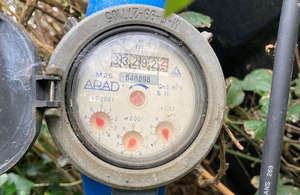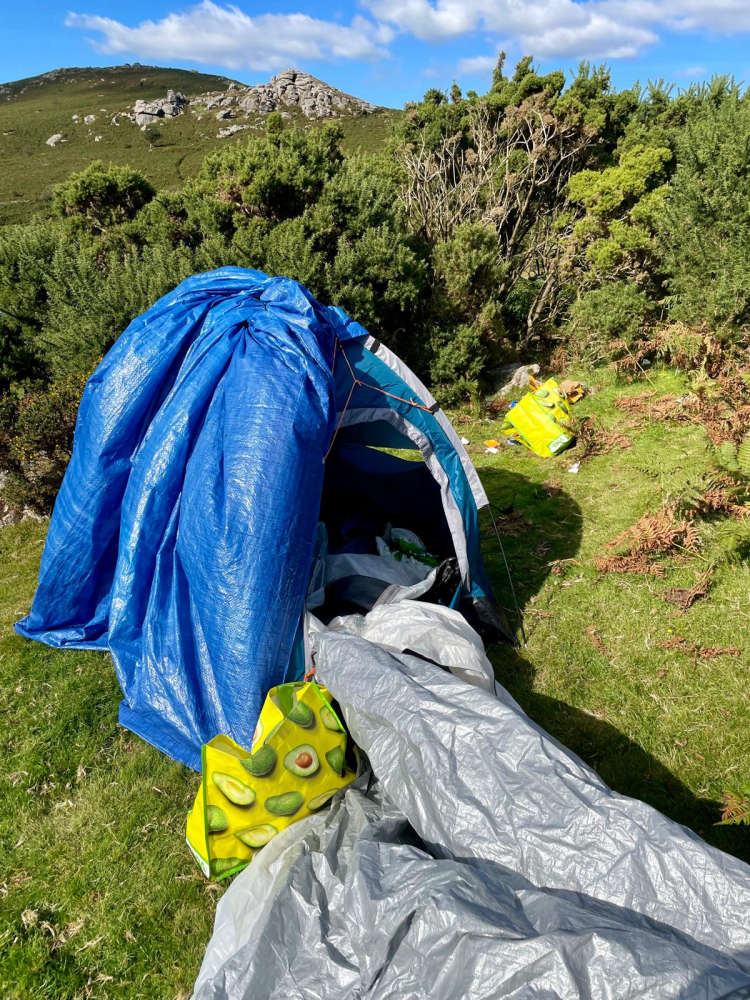
The Environment Agency is warning farmers with private springs, wells and boreholes to check they are taking water legally from the environment.
Farm inspectors are finding a lot of unlicensed abstraction taking place in Devon during routine farm inspections.
Many farms rely on their own private water supply from springs, wells and boreholes. How much water is being taken is unmonitored – meaning farmers could be unknowingly breaching the allowed limit for abstraction without a licence.
Lisa Best, agriculture team leader for the Environment Agency in Devon and Cornwall, said:
All landowners should know how much water they are abstracting and ensure they have the relevant licence if needed.
Abstracting water without the necessary licence or in breach of your licence conditions is an offence and could lead to enforcement action.
Taking 20,000 litres of water a day is enough to wash over 100 cars. Taking more water than you are permitted could impact on other users and damage the environment.
The Environment Agency controls how much, where and when water is abstracted through our licensing system. Anyone taking 20 m3 of water per day or over is required to have an abstraction licence. Environment Agency farm inspectors have issued 70 actions to farmers over the past 2 years to install a meter to monitor how much water is being taken and apply for a licence where it is clear one is needed.
Abstraction licences have conditions on them to ensure the environment and the rights of other abstractors are protected. Our powers and duties enable us to regulate the use of water under existing licences and to decide whether to grant new ones. Where abstraction is damaging the environment, we also have the power to amend or revoke existing licences.
Climate change and population growth means there will be less available water with a greater demand for it. By 2050, the amount of water available could be down by 10-15%, with some rivers seeing 50-80% less water during the summer months. We all need to protect the environment by reducing the amount of water we use and ensuring greater efficiency in its use and re-use.

 The Right of Access Comes with a Duty to Respect
The Right of Access Comes with a Duty to Respect
 Dartmoor Marshals Return to Help Protect the National Park This Summer
Dartmoor Marshals Return to Help Protect the National Park This Summer
 Reduced timetable between London Waterloo and Exeter St Davids from Monday 11 August
Reduced timetable between London Waterloo and Exeter St Davids from Monday 11 August
 Cutting-edge technology aims to reduce waiting times for patients
Cutting-edge technology aims to reduce waiting times for patients











